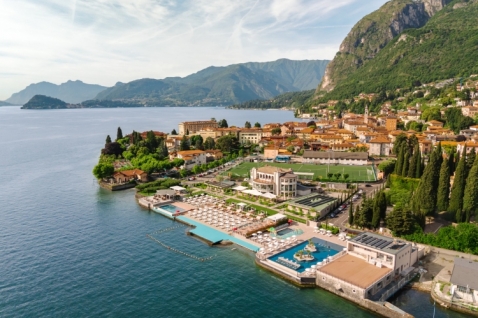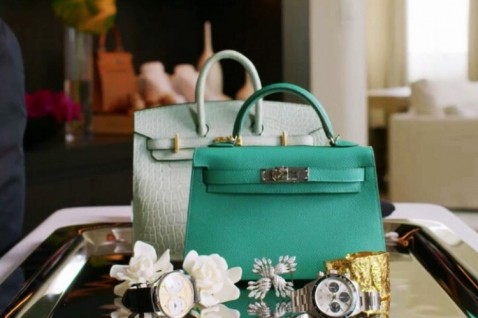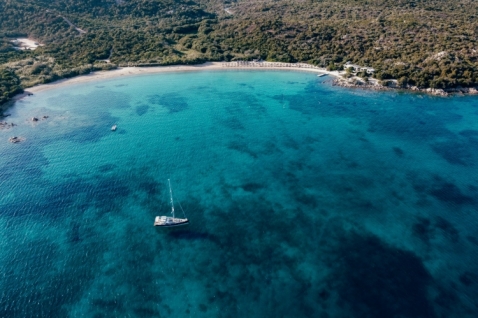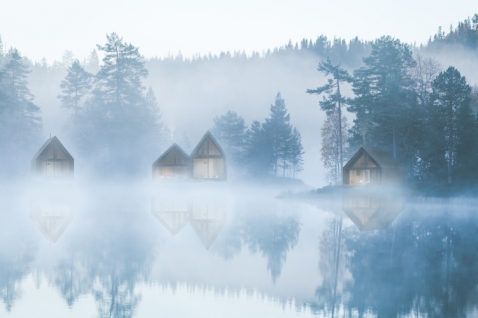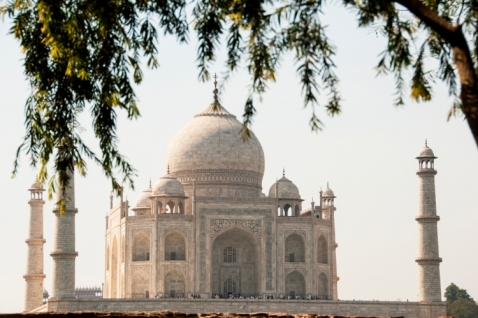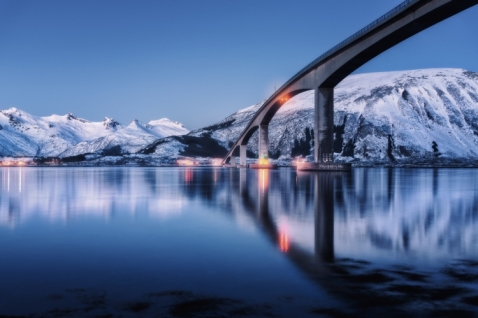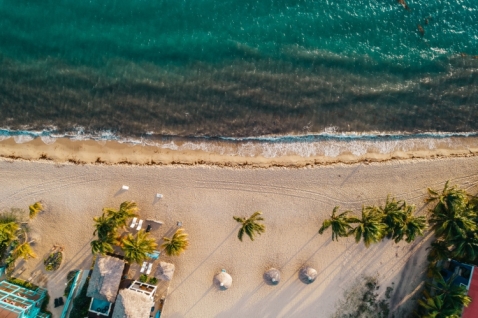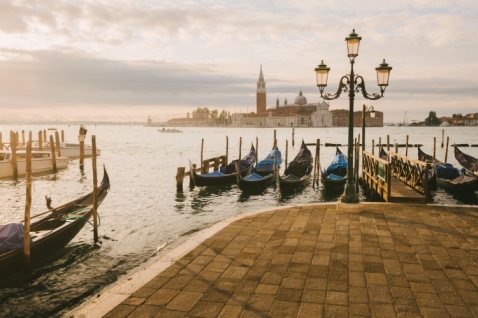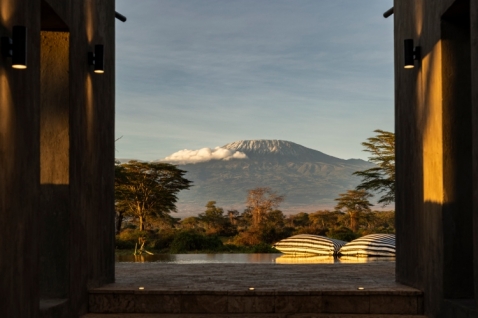Angola is halfway along the road to political and economic atonement and it would be a shame to miss out on its dramatic rebirth.
Angola is an eye-opener – in more ways than one. Scarred painfully by years of debilitating warfare and untouched by foreign visitors since the early 1970s, the country remains remote and undiscovered, with few observers privy to the geographic highlights and vast cultural riches that lie hidden behind an ostensibly violent veneer. But, with the recent cessation of a 40-year civil conflict ushering in a prolonged period of peace and stability, opportunities for exploration are quietly opening up. For outsiders the attractions are manifold. Despite widespread poverty, inbred corruption and an infrastructure devastated by decades of indiscriminate fighting, Angola holds a lure that few other countries can match. Here in the heady heat of equatorial Africa you’ll encounter some of the continent’s most gracious people and discover many of its most closely guarded secrets.
Chill out on expansive beaches, sample the solitude in virgin wildlife parks or sift through the ruins of Portuguese colonialism. From Luanda to Lubango the nuances are startling.
Despite advancements in infrastructure and a dramatically improved security situation, travel in Angola remains the preserve of adventurers, diehards or those on flexible budgets.But with the transport network gradually recovering and wildlife being shipped in to re-populate decimated national parks, the signs of recovery are more than just a mirage.
For the second time in three years, the African city of Luanda has been declared the most expensive city in the world for expats by Mercer, a human resources consulting firm. While it's true that most of the Angolan capital's population lives in poverty on the outskirts of the city, in the center, Porsche Cayennes share the road with Cadillac Escalades and the latest Range Rovers. Hugo Boss makes such a killing here that it opened a second store within walking distance of the first. For those not familiar with Luanda, however, the ranking may come as a surprise. Tokyo (which took top spot in Mercer's survey last year) makes sense as the world's most expensive expat city. So might Moscow or New York. But Luanda?
Hot, heaving, oil rich and cash poor, Luanda is a city of unfathomable contrasts and vividly shocking extremes. Perched tantalisingly on the Atlantic coastline overlooking a narrow pine-fringed sandbar known colloquially as the Ilha, the balmy ocean-side setting is as spectacular as it is exotic. The sweeping vistas would be even more stunning if it weren’t for the teeming bairros (townships) and ramshackle makeshift dwellings that have taken root around Angola’s rapidly expanding capital in the 30 years since independence.
Built for a healthy half million, Luanda now bursts with 3.5 million beleaguered inhabitants and the evidence of this rampant overpopulation resonates everywhere. Whiff the stench of fetid water that intoxicates early-morning joggers on the picturesque Marginal promenade, dodge the manic lines of traffic that make hot afternoons in gridlocked central Luanda even more cauldron-like, and contemplate how running water and electricity are still comparative luxuries for all but a highly privileged (and often foreign) minority. But despite such calamitous problems, Luanda still manages to retain a dash of panache in the face of all this adversity.

